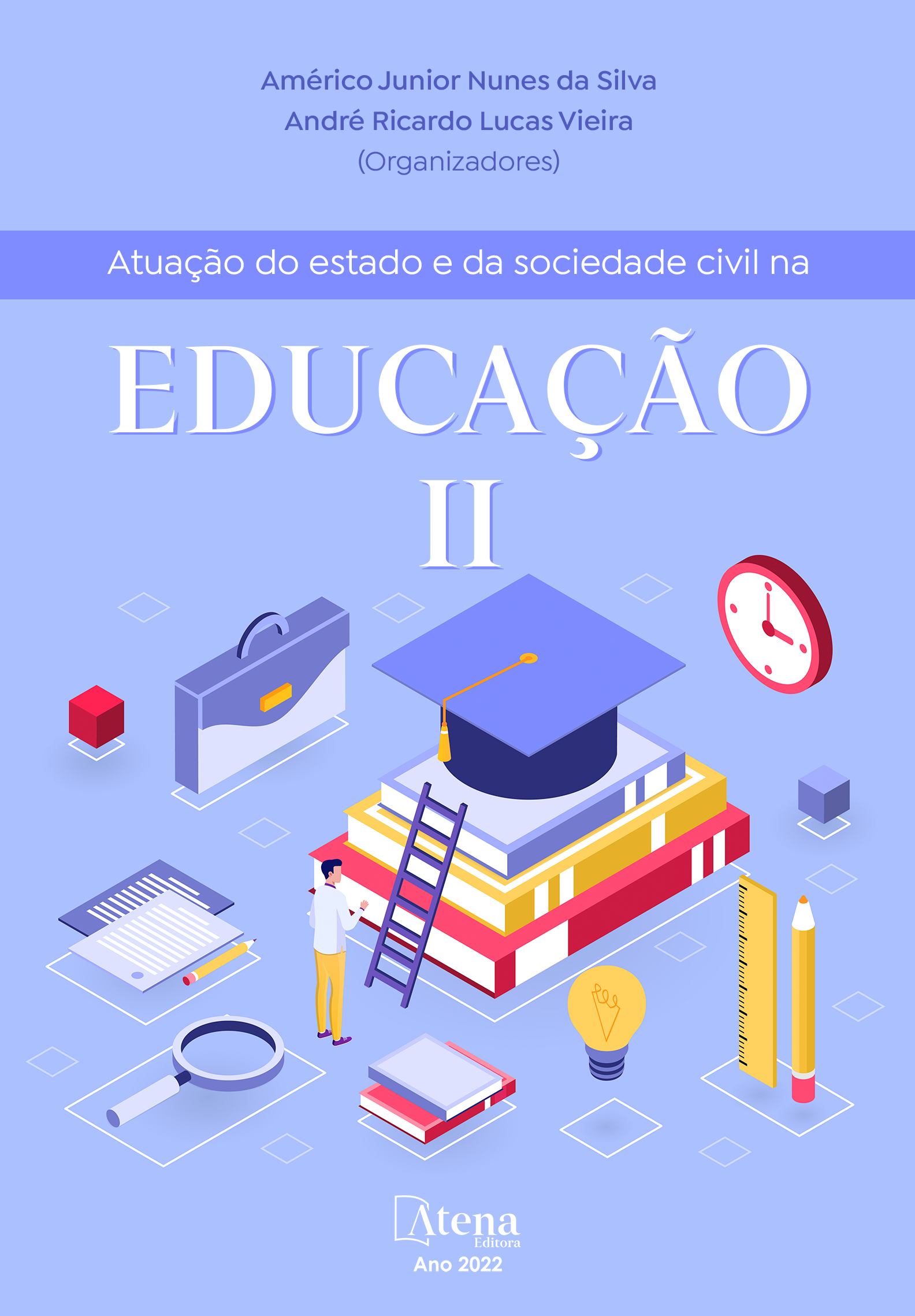
O que tem na fronteira internacional de Ponta Porã/MS? Desafios e oportunidades para as escolas no ensino de Geografia
O artigo busca compreender a importância de se aprender Geografia nas séries iniciais, mais especificamente no 3º ano do Ensino Fundamental, nas escolas de fronteira em Ponta Porã, Mato Grosso do Sul. Para tanto, buscou-se entender a contextualização no ensino de Geografia a partir da leitura do mundo e do espaço vivido, valorizando as diversidades culturais existentes em uma área de fronteira internacional. Para alcançar tal objetivo, utilizou-se como metodologia a pesquisa bibliográfica, a partir da seleção de artigos publicados, bem como revistas científicas e sites dedicados na área da Educação. Mediante as dificuldades enfrentadas pelas escolas, observou-se a falta de conteúdos local-específicos nesse componente curricular assegurados na BNCC e no Referencial Curricular do estado de Mato Grosso do Sul, que estabelecem as devidas diretrizes para as escolas de Ponta Porã. Em síntese, objetivou-se refletir os desafios e as oportunidades para referenciar o ensino-aprendizagem, tendo em vista as especificidades locais existentes na fronteira, para resgatar a identidade cultural. Conclui-se que a exploração do turismo pedagógico, a aula-passeio e a interdisciplinaridade podem potencializar o aprendizado, contemplando os documentos normativos.
O que tem na fronteira internacional de Ponta Porã/MS? Desafios e oportunidades para as escolas no ensino de Geografia
-
DOI: 10.22533/at.ed.0152209068
-
Palavras-chave: Ensino de Geografia; diversidade cultural; fronteira.
-
Keywords: Geography teaching; cultural diversity; border
-
Abstract:
The article seeks to understand the importance of learning Geography in the early grades, more specifically in the 3rd year of Elementary School, in border schools in Ponta Porã, Mato Grosso do Sul. Therefore, we sought to understand the contextualization in the teaching of Geography from the reading of the world and the space where people live, valuing the cultural diversities that exist in an area of the international border. To achieve this objective, bibliographic research was used as a methodology, from the selection of published articles, as well as scientific journals and websites dedicated to the field of Education. Due to the difficulties faced by schools, there was a lack of local-specific content in this curricular component ensured by the BNCC and the Curriculum Framework of the State of Mato Grosso do Sul, which establish the proper guidelines for schools in Ponta Porã. In summary, the objective was to reflect the challenges and opportunities to reference teaching-learning, considering the local specificities existing on the border, to rescue the cultural identity. It is concluded that the exploration of educational tourism, the class-tour, and interdisciplinarity can enhance learning, considering the normative documents.
-
Número de páginas: 22
- Marsiel Pacífico
- Silvano Artur Busch Vergutz


